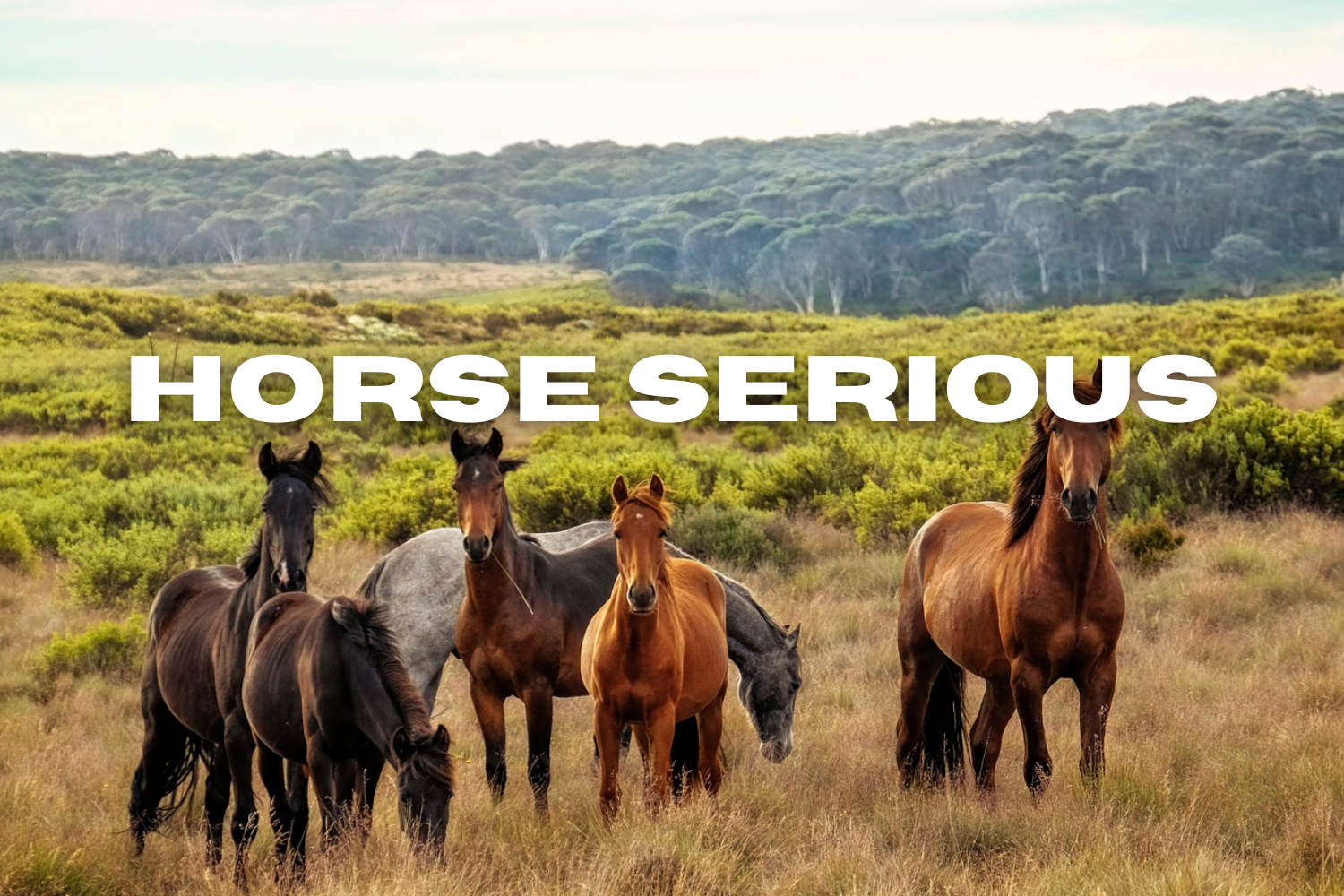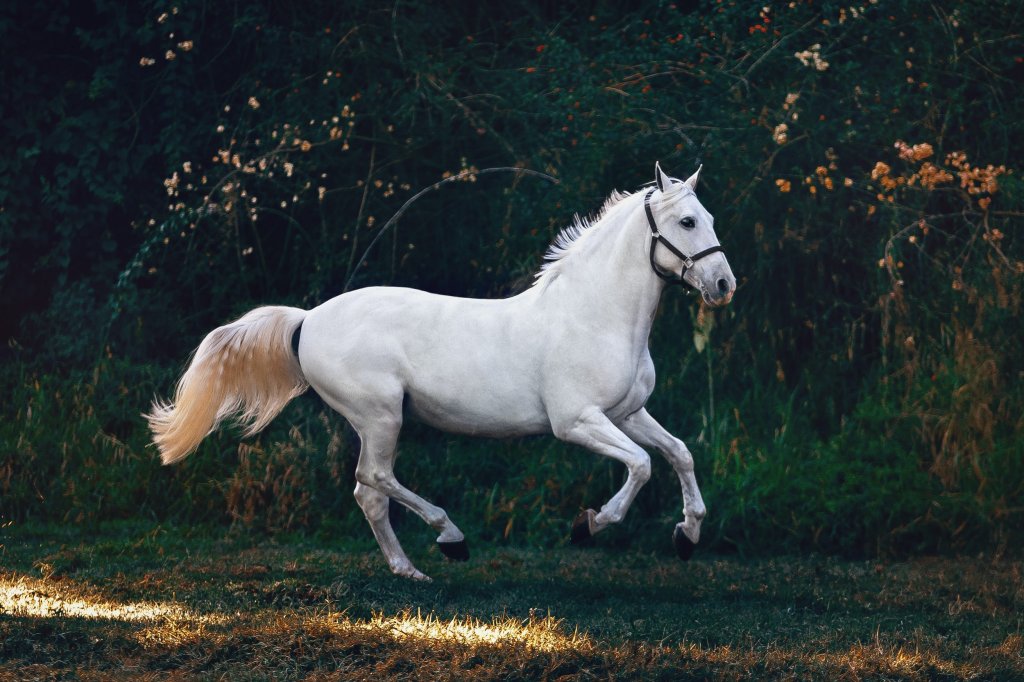If you’re in the equestrian world you’ve undoubtedly heard of colic. It is a word that causes immediate dread and stress. Colic is one of the most common emergency vet calls and can be potentially fatal. It is something you shouldn’t take lightly.
We are going to go over exactly what colic is, the symptoms, how it is treated and how to prevent it.
https://pagead2.googlesyndication.com/pagead/js/adsbygoogle.js?client=ca-pub-3762802995754264
(adsbygoogle = window.adsbygoogle || []).push({});
What Is Colic?
Colic just means abdominal pain. It is an indication of a painful problem within your horse’s abdomen. It is unpredictable, often unpreventable and it is a common concern. Unfortunately, horses are naturally prone to colic but luckily, more than 80% of colic types can be treated on the farm.
What Causes Colic?
There are many reasons that can cause colic. It can be as simple as a gut spasm from a change in diet or routine. Or, it can be as severe as intestinal twisting with strangulation to the blood supply. The most common causes are intestinal clodding from semi-digested food, bowel displacement from its normal position, twisting or torsion, strangulation through hernias, strangulation by fatty tumors wrapping around the intestines, and other causes of obstruction.
What Are The Symptoms of Colic?
There are various signs that depend on the cause of the colic.
-
Dullness
-
Curling up the top lip
-
Straining to urinate
-
Lying down and rolling
-
Biting or kicking their flank or belly
-
Poor eating behavior
-
Change in drinking behavior
-
Heart rate over 40-50 beats per minute
-
Tacky gums
-
Passing dry or mucus-covered manure
-
Long capillary refill time
-
Off-colored mucous membranes
https://pagead2.googlesyndication.com/pagead/js/adsbygoogle.js?client=ca-pub-3762802995754264
(adsbygoogle = window.adsbygoogle || []).push({});
How Is Colic Treated?
Colic treatment depends on the type of colic your horse has. It can be as simple as creating a lubricant of oil, salt, and water to help with the obstruction. Sometimes painkillers may be required and in serious cases, surgery may be necessary.
What To Do If My Horse Has Colic?
If your horse has colic, call your vet immediately and explain the symptoms. If it is possible, keep your horse walking but don’t attempt to take them from their stall if the pain appears to be uncontrollable. It is important to remember that early diagnosis and treatment are key. It is always better to have a horse that is recovered when the vet comes rather than almost dead after waiting too long.
Can I Prevent My Horse From Getting Colic?
You can take measures to prevent colic. However, horses are prone to it. Regular deworming can prevent damage to the intestines and blood supply. Ensuring a stable routine and avoiding any sudden changes in feed or management can also help with prevention. Horses love habit and routine, if changes are required, they should be made gradually and with care.
https://pagead2.googlesyndication.com/pagead/js/adsbygoogle.js?client=ca-pub-3762802995754264
(adsbygoogle = window.adsbygoogle || []).push({});

